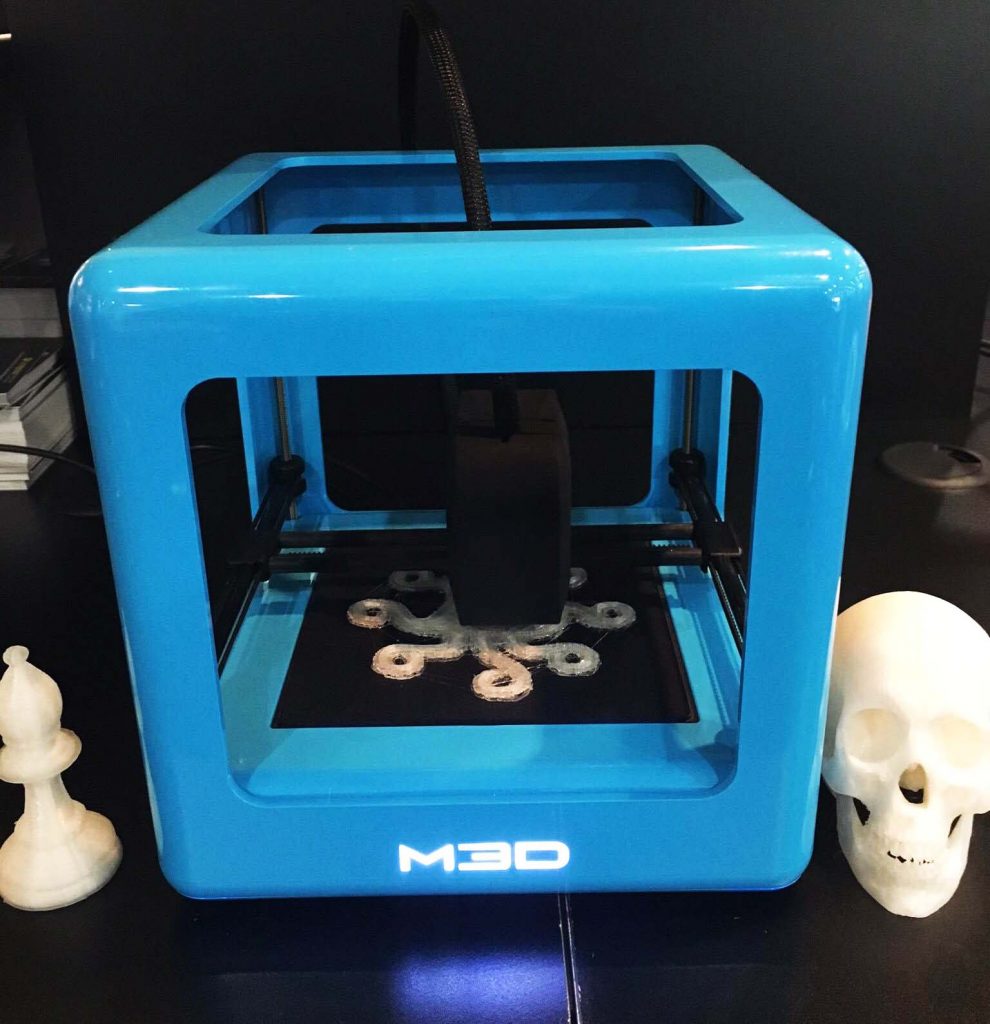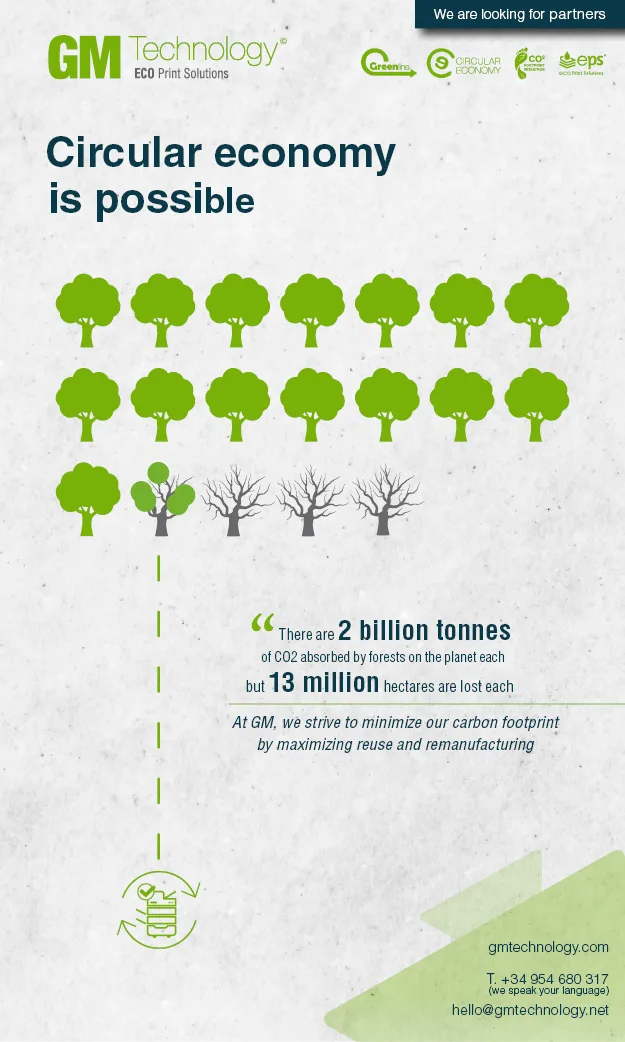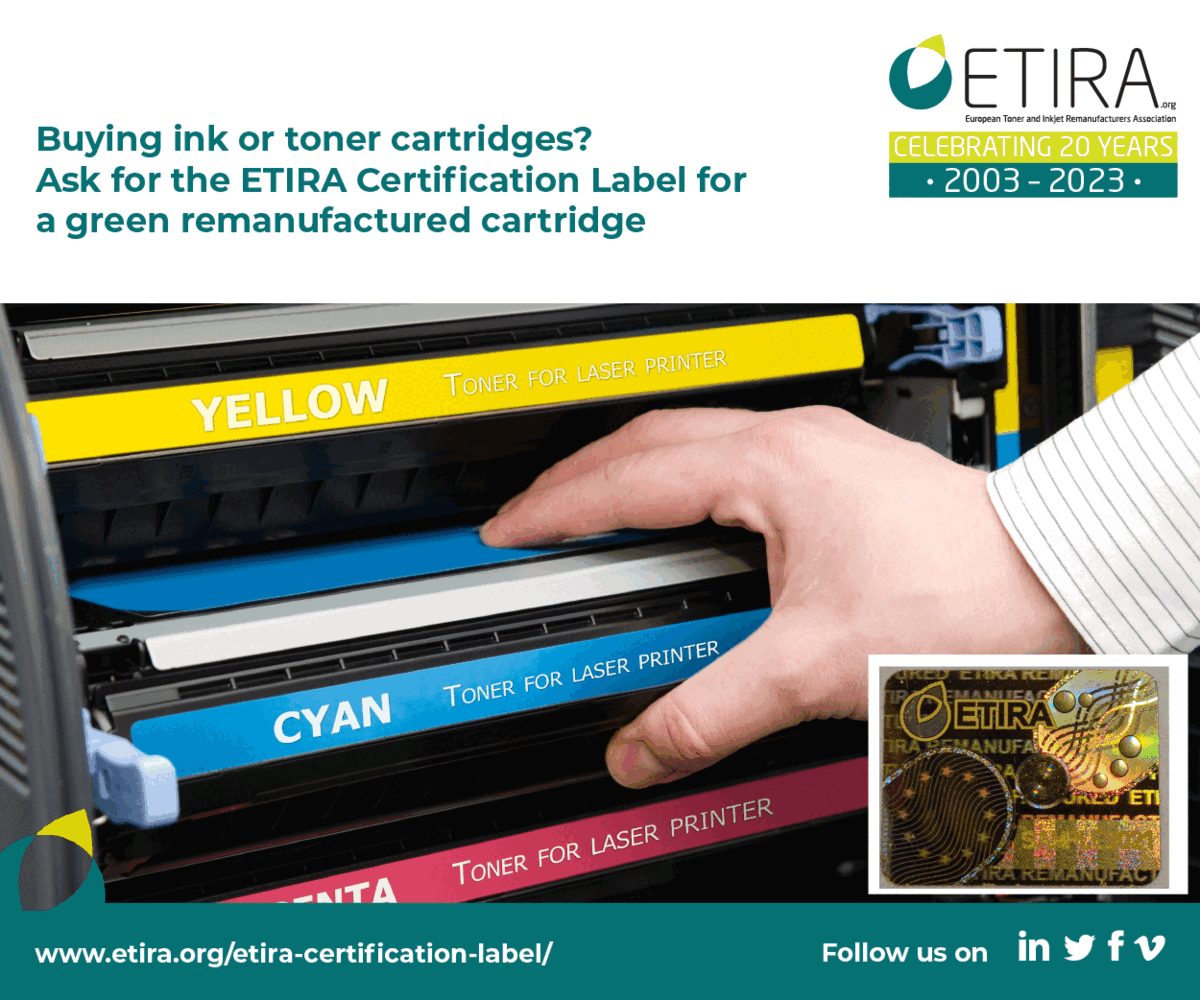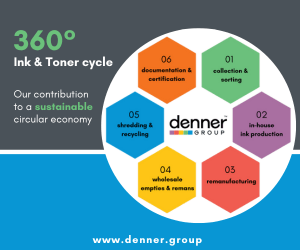3D printer dust sparks health fears?
December 5, 2018

Researchers and scientists have reported that the ultrafine dust emitted by 3D printers could have a damaging effect on our health.
The Register reports that scientists are now calling for more research into the effect of 3D printers on indoor air quality. The 3D printing technique known as FDM – fused deposition modelling – or FFF – fused filament fabrication – emits particles as well as VOCs (volatile organic compounds), “some of which are known to be toxic.”
Researchers at the Georgia Institute of Technology, in the USA, in conjunction with those from Underwriters Laboratories (UL), published a paper last year in which they stated that “it follows that FDM 3D printers are potentially hazardous to operate in certain indoor environments.”
The health risk has not yet been proven, but there are calls to definitively establish whether printer emissions do have measurable effects on human health, as well as calls for precautions, in order to minimise exposure.
GIT’s Rodney Weber, primary investigator of the research, explained: “Studies have shown that fused filament fabrication (FFF) 3D printers designed for general public use emit high levels of ultrafine and fine particles. Preliminary tests with in vivo, in vitro and acellular methods for particles generated by a limited number of filaments showed adverse responses.”
Weber and his team have also been involved in developing UL/ANSI 2904, a UL/American National Standards Institute (ANSI) standard, by which 3D printers can be tested, and which is expected to be published next month.
Marilyn Black, Vice President and Senior Technical Adviser for UL, said: “Our research was geared toward evaluating the chemical and particle emissions which come off operating 3D printers. There had been some concern about that in the past, but no one had studied it in any controlled fashion.”
The research echoes previous concerns regarding particles emitted by laser printers in the past, and the impact of these ultrafine toner particles in enclosed environments, which The Register says “was widely cited in the media as proof that laser printer emissions harmed human health,” although medical authorities stressed no adverse effects had been firmly established.
Unlike laser printers, however, 3D printers often run for hours at a time, or even days, as opposed to the seconds or minutes that laser printers are active; laser printers do not also emit as many VOCs as 3D printers do.
Black and her team examined the emissions from the smaller models of 3D printers commonly found in offices, schools and homes.
“What we found was there are a significant number of ultrafine particles coming off of these devices and they’re in the nano-particle range,” said Black. “From a health standpoint, that’s very concerning because when these particles are inhaled, they can go deep into the pulmonary system.”
“We don’t have any particular health standard yet for an acceptable level of ultrafine particles,” she added. “You need to try to minimise your exposure because we know they do get into the biological system.”
Other organisations have also begun undertaking research. The Weizmann Institute of Science, a Rehovot, Israel-based public research university has conducted preliminary research, with its finding confirming the toxicity of some VOCs emitting from 3D printers. Meanwhile, the National Institute for Occupational Safety and Health (NIOSH), a US federal government body, published its own findings that revealed emissions from MakerBot 3D printers running in a conference room setting were lower than expected.
In the meantime, Black’s advice is to minimise any possible risk by ensuring adequate ventilation, and keeping a safe distance from printers whilst they are in operation.
Categories : Around the Industry
Tags : 3D Printers 3D printing Emissions Georgia Institute of Technology Health Underwriters Laboratories
























